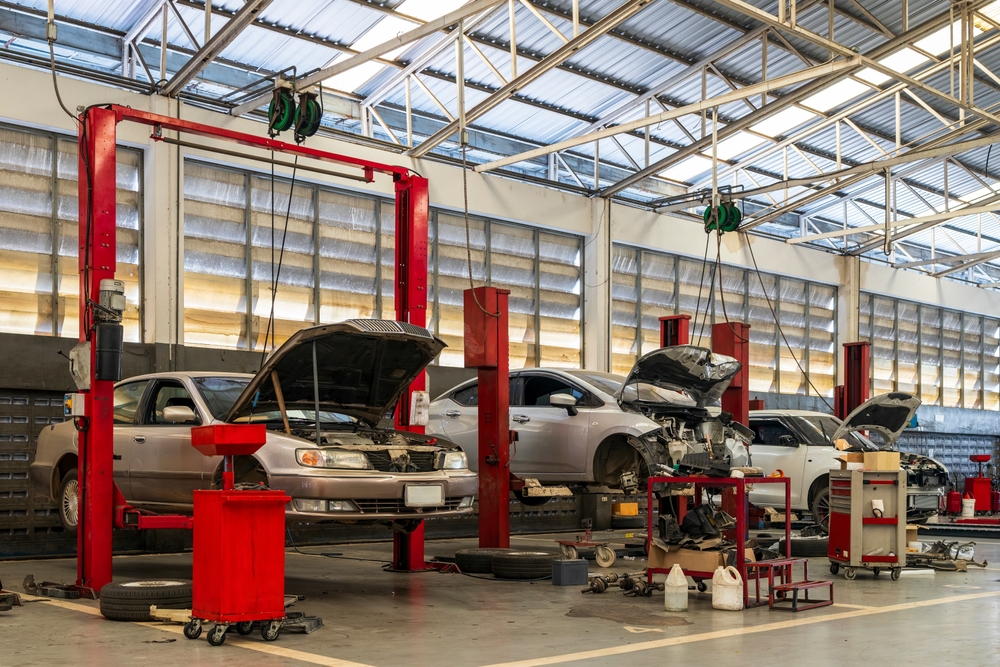Mechanics see all kinds of mistakes that car owners make. While some issues are unavoidable, many problems could be prevented if drivers avoided certain habits. The cost of car repairs often skyrockets because of things people do without realizing the long-term consequences. Understanding what frustrates mechanics most can help you avoid extra visits to the shop and keep your vehicle in better shape. Here are ten things that drive mechanics crazy and why you should stop doing them now.
Ignoring the Check Engine Light
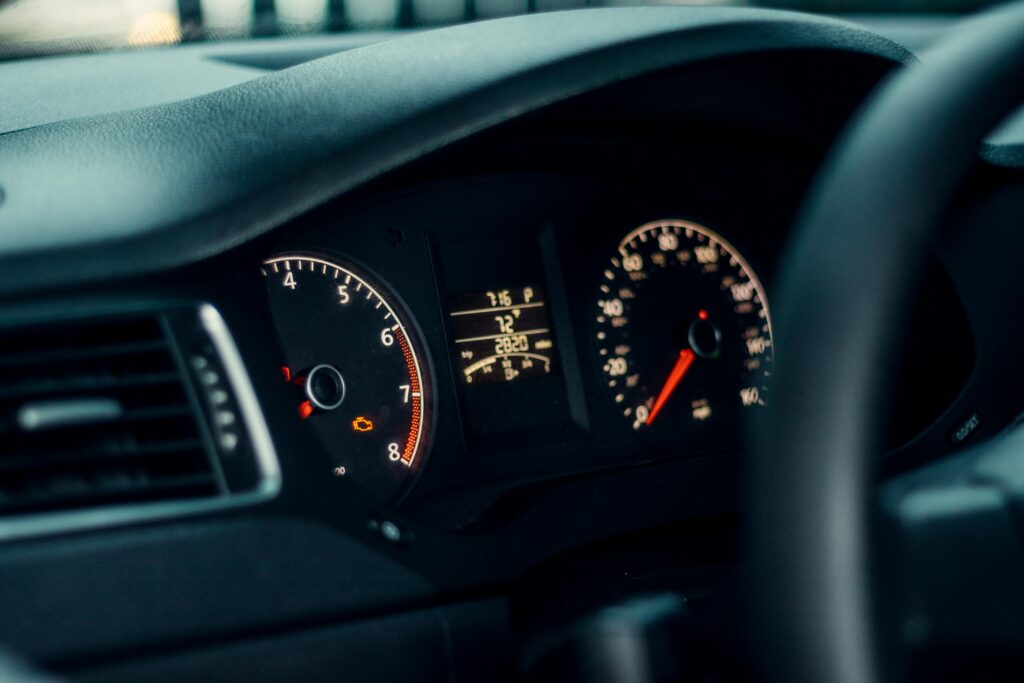
One of the biggest mistakes drivers make is ignoring the check engine light. That light is not just a suggestion, it is a warning that something may be wrong. Mechanics often find that what started as a small issue turned into a major repair simply because the driver delayed action. A flashing light could mean a serious misfire, while a solid light might indicate a sensor issue or poor fuel economy. Waiting too long can lead to damaged components, failed emissions tests, or even engine failure. Mechanics wish more drivers would take that light seriously and get diagnostics done promptly.
Driving on Worn-Out Brake Pads

Brakes are your car’s most important safety system, yet many people drive with squealing, grinding pads. This is not just loud and irritating, it is dangerous. Mechanics often find rotors and calipers damaged because drivers waited too long. Brake pads are meant to wear down over time, but they need replacing before they damage more expensive parts. Neglecting your brakes can reduce stopping power, increase the risk of accidents, and cost hundreds more in repairs. Mechanics recommend checking brake pads at every oil change to avoid bigger problems.
Putting Off Oil Changes
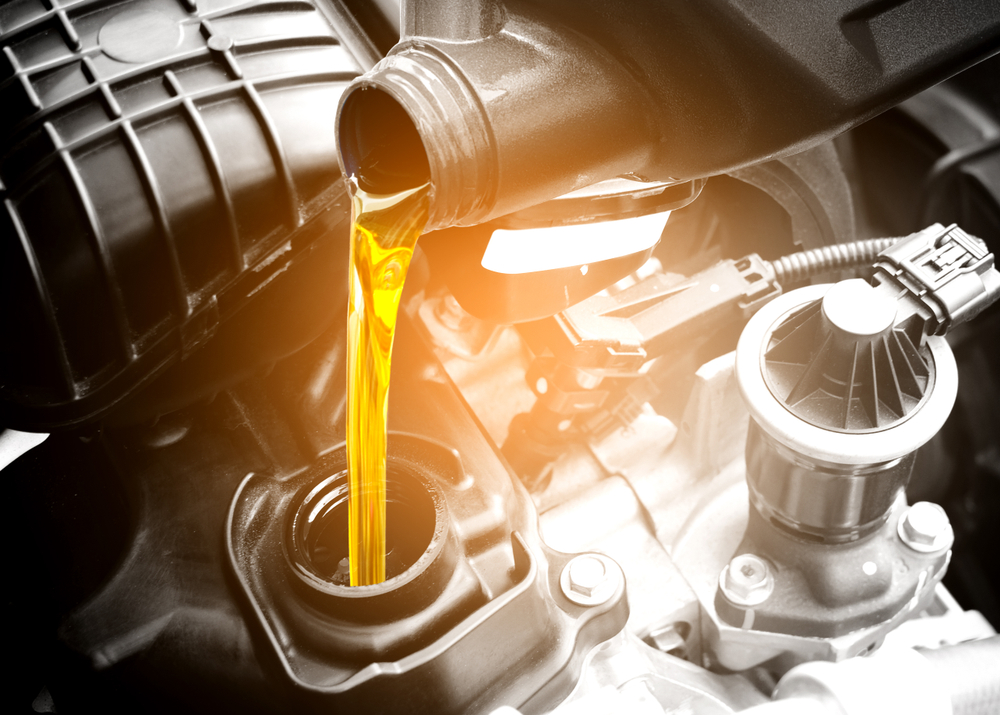
Oil is the lifeblood of your engine. Skipping oil changes or waiting too long between them can lead to serious engine damage. Mechanics constantly deal with cars that have sludge buildup or worn-out engines because the owner failed to follow regular maintenance. Old oil loses its ability to lubricate and cool engine components. This can cause friction, overheating, and part failure. Mechanics urge drivers to follow the recommended oil change interval in the owner’s manual to extend the life of the engine and improve performance.
Topping Off the Gas Tank After the Pump Stops
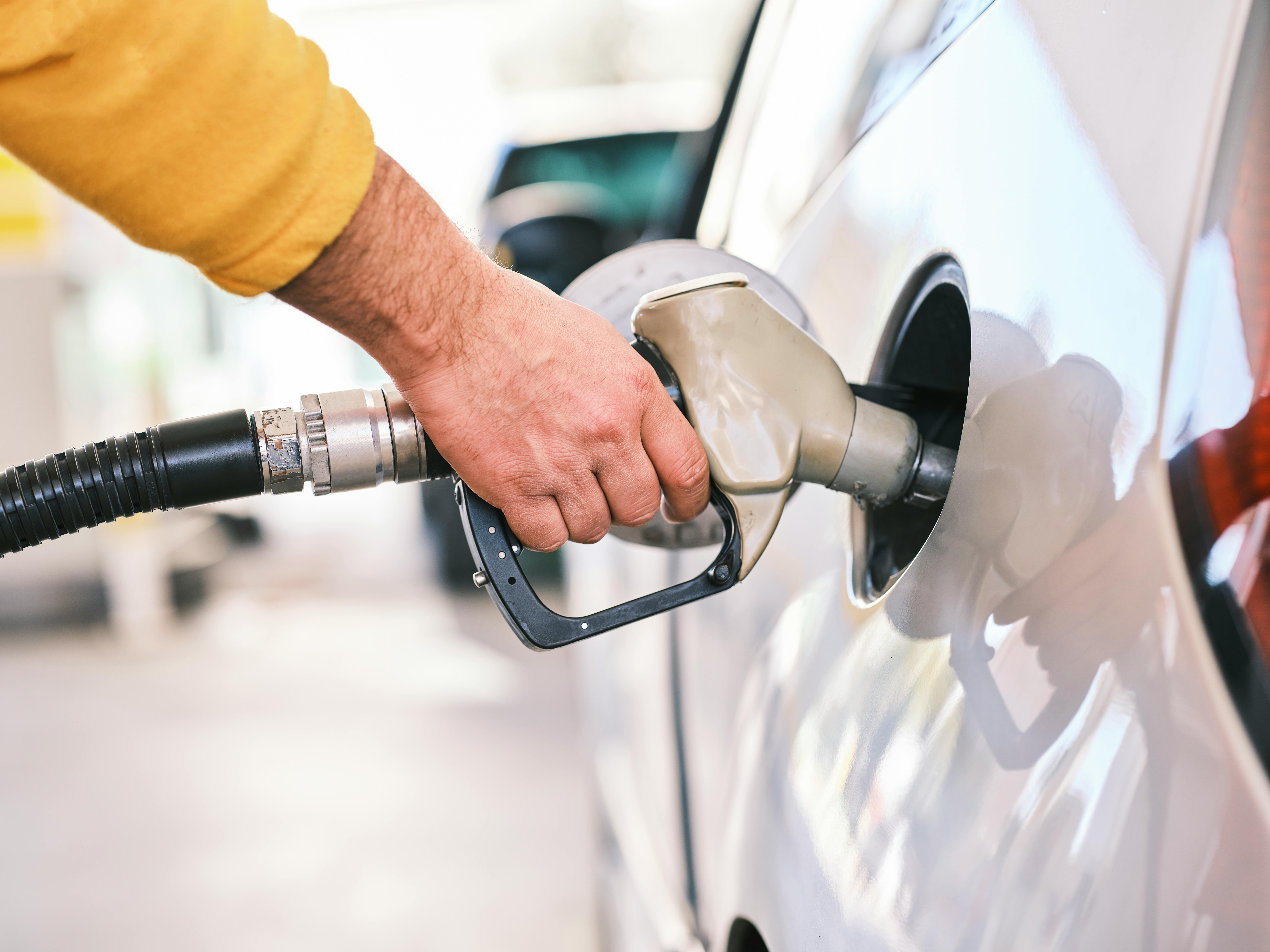
Many people keep pumping after the gas nozzle clicks off, thinking they can squeeze in a bit more fuel. Mechanics hate this habit because it can damage your vehicle’s evaporative emissions system. Fuel needs room to expand in the tank. Overfilling can flood the charcoal canister and sensors, leading to costly repairs. That system controls fumes and emissions, and it is expensive to fix when damaged. Mechanics always warn against topping off the tank once the pump shuts off automatically.
Shifting from Reverse to Drive Too Quickly
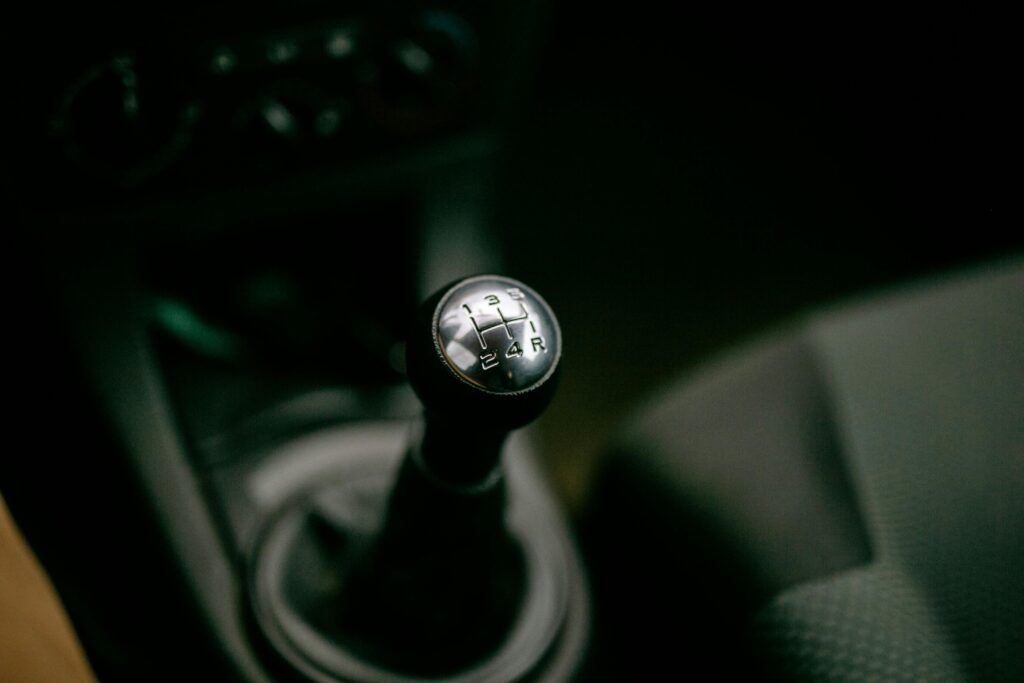
Slamming the shifter from reverse to drive without coming to a full stop can wreck your transmission. This is one of the most common mistakes that cause long-term damage. Mechanics see a lot of transmission issues that stem from rushed gear changes. Modern automatic transmissions are complex and expensive. Sudden changes stress internal parts like clutches and gears. Mechanics advise drivers to pause after reversing, brake fully, then shift into drive smoothly. That extra second could save thousands in repairs.
Driving on Nearly Flat Tires
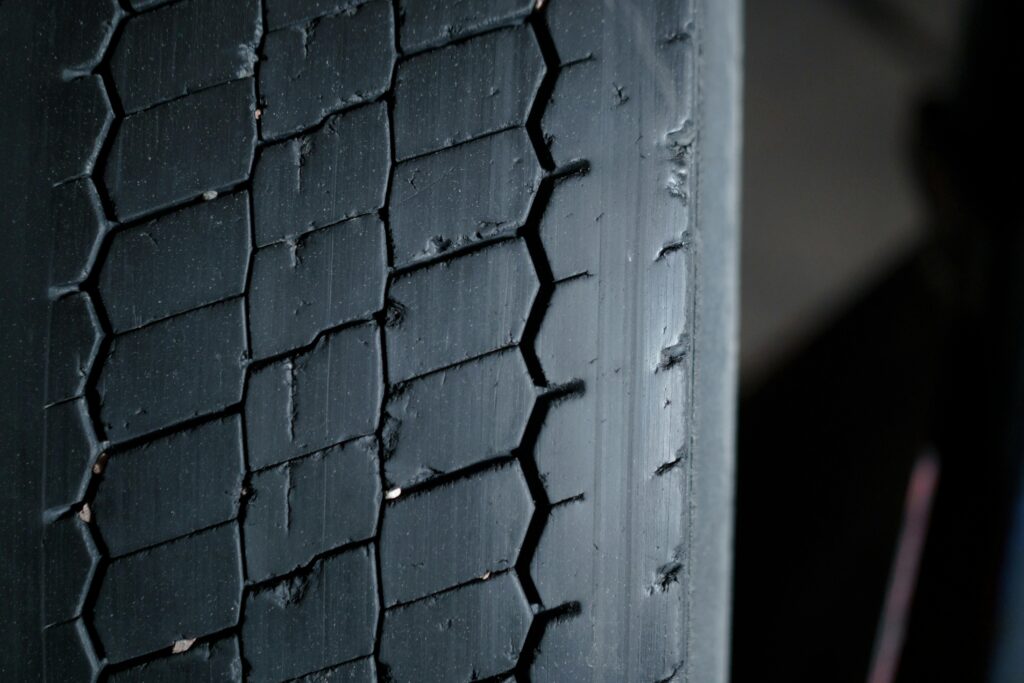
Tires lose pressure over time, and many drivers do not check them until it is too late. Running tires that are too low damages the sidewalls, reduces fuel economy, and increases the risk of blowouts. Mechanics often replace tires prematurely just because they were underinflated for too long. Driving on low-pressure tires also affects handling and braking. Mechanics urge drivers to check tire pressure monthly and always before long trips. Correct inflation keeps you safer and saves you money in the long run.
Using the Wrong Fluids
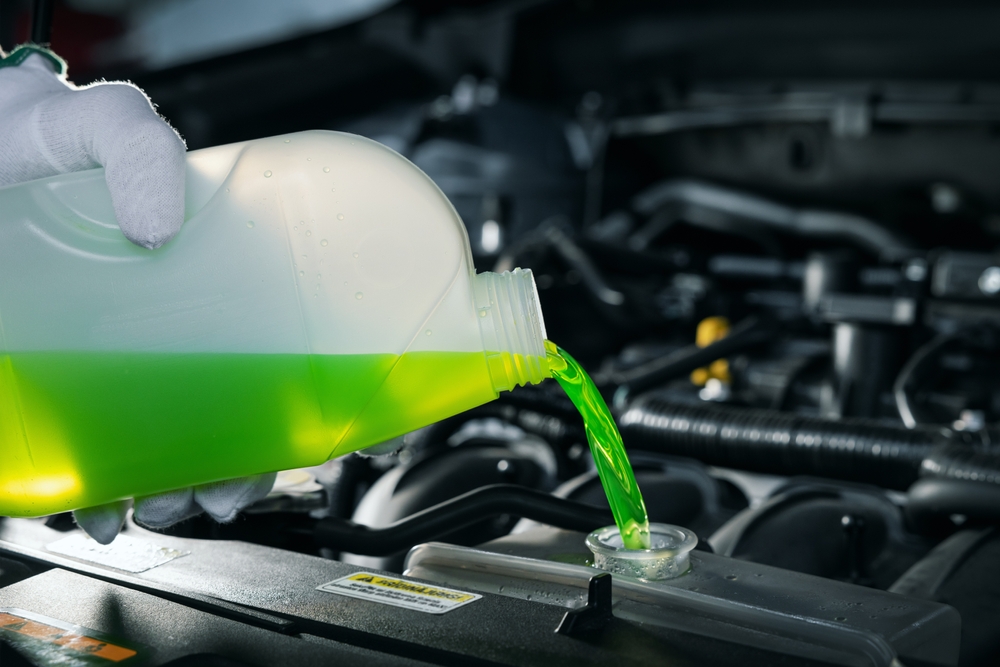
Mechanics often find damage caused by using the wrong type of oil, coolant, or transmission fluid. Not all fluids are created equal. Putting in the wrong type can reduce performance, wear down seals, or cause internal corrosion. Mixing different types of coolant, for example, can cause gelling or blockages. Mechanics wish car owners would double-check their vehicle manual and make sure they are using the exact fluid recommended for that make and model. A cheap shortcut can lead to very expensive repairs later.
Overloading the Vehicle

Hauling heavy cargo beyond your vehicle’s weight limit puts stress on brakes, suspension, and the engine. Mechanics see sagging shocks, worn-out suspension parts, and even cracked frames from overloaded cars. It also affects fuel efficiency and tire wear. Many drivers do not consider the cumulative weight of passengers, luggage, and rooftop gear. Mechanics suggest checking your car’s load capacity on the sticker inside the driver’s door. Staying under that number helps your vehicle last longer and perform more safely.
Neglecting Filters
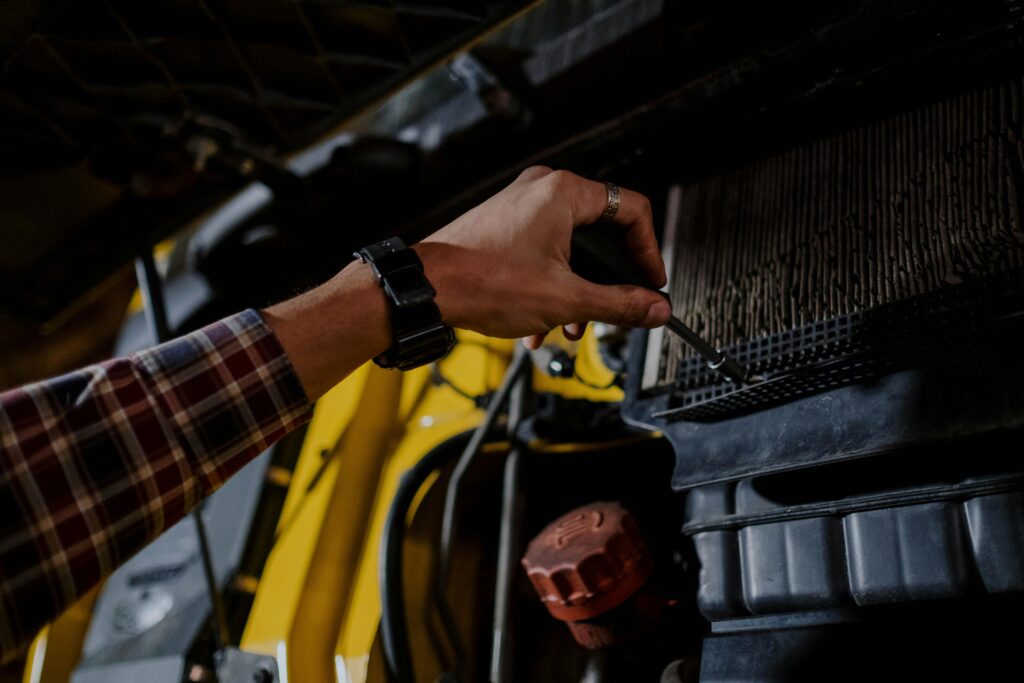
Air filters and cabin filters are easy to forget, but they play a major role in performance and comfort. Mechanics frequently pull out filters packed with dirt, leaves, and even rodent nests. A clogged air filter reduces engine efficiency, while a dirty cabin filter affects airflow inside the car. Mechanics recommend changing air filters every 15,000 to 30,000 miles, depending on driving conditions. Cabin filters should be swapped yearly or sooner if you notice odors or poor airflow. Clean filters help your car breathe and make driving more pleasant.
Riding the Brakes Downhill

Keeping your foot on the brake while going downhill wears out your brake pads quickly and heats the brake fluid. This can cause brake fade and even complete brake failure in extreme cases. Mechanics frequently replace scorched pads and overheated rotors due to this habit. The better way to handle descents is by using engine braking. Shift to a lower gear and let the engine help slow the car. Mechanics say this method preserves the braking system and provides better control on steep roads.
Changes Could Save You Money
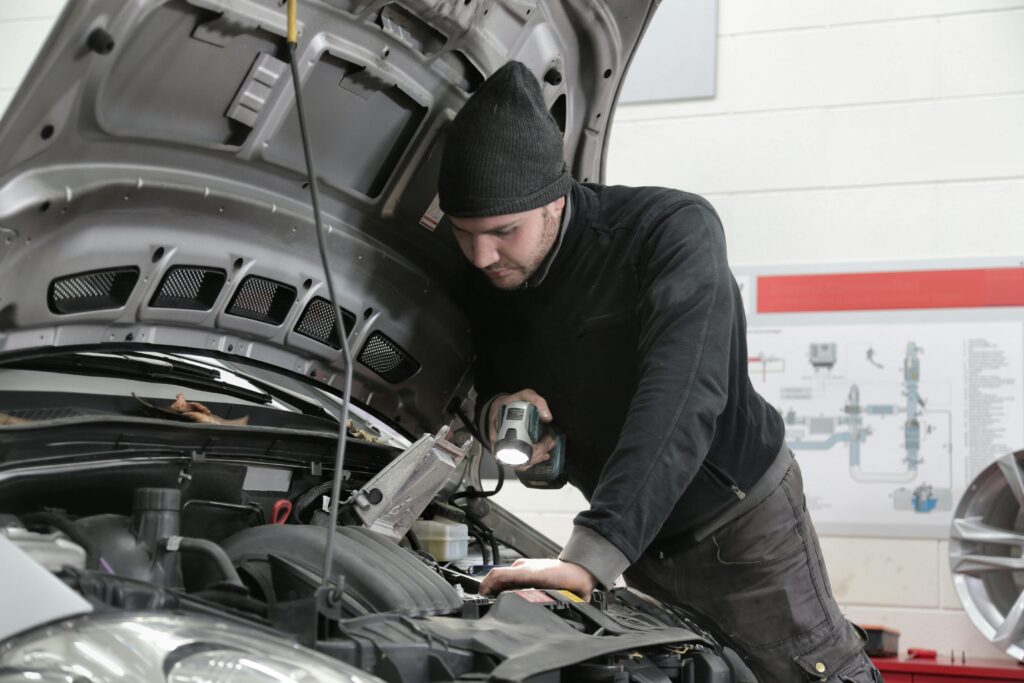
Mechanics know cars inside and out, and they can spot avoidable damage instantly. Many of the problems they deal with come from bad habits rather than mechanical defects. By changing how you drive and how you maintain your car, you can reduce repair costs and increase your vehicle’s lifespan. These ten things might seem small, but they cause big problems over time. Mechanics appreciate drivers who pay attention, follow maintenance schedules, and treat their vehicles with care. A few changes in your routine can save you money and make your car safer and more reliable for years to come.
Read More: The 2 Car Brands You Should Avoid, According to Expert Mechanics
Disclaimer: This article was created with AI assistance and edited by a human for accuracy and clarity.
